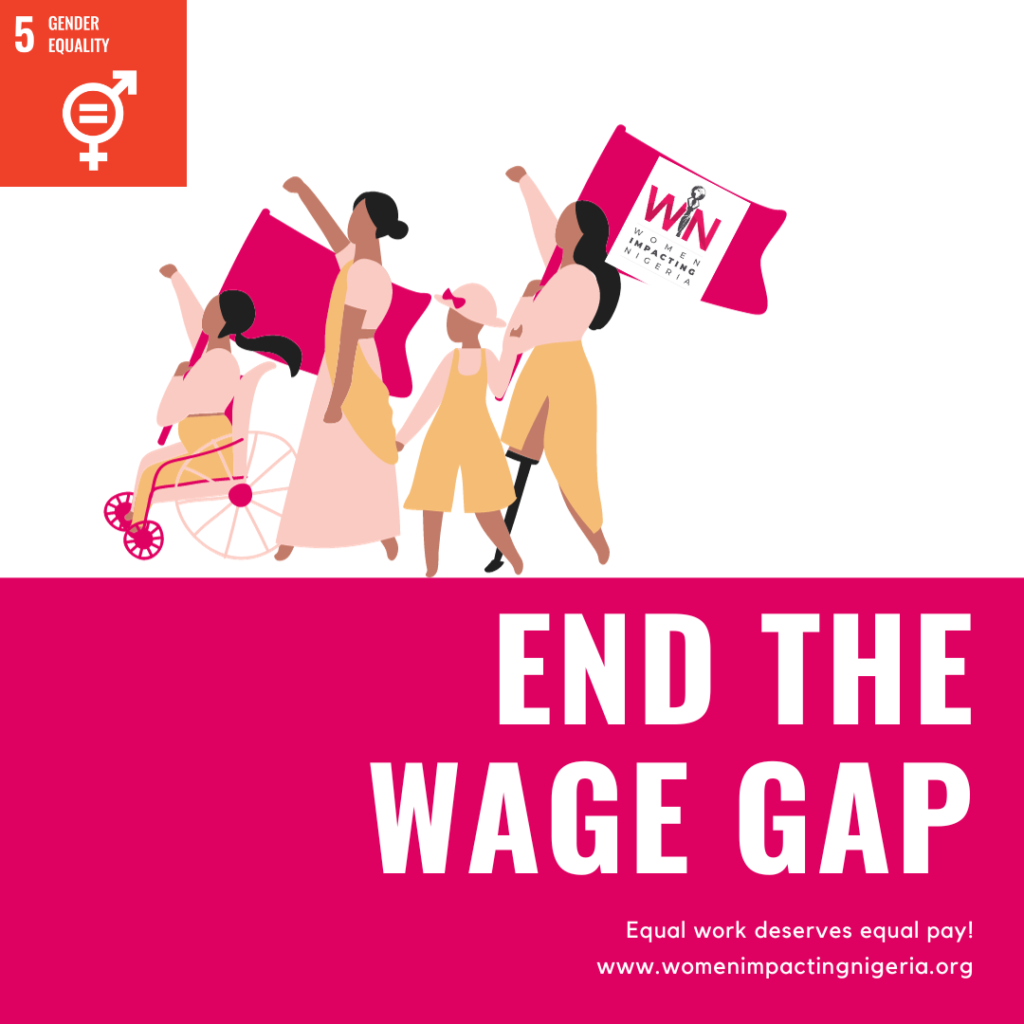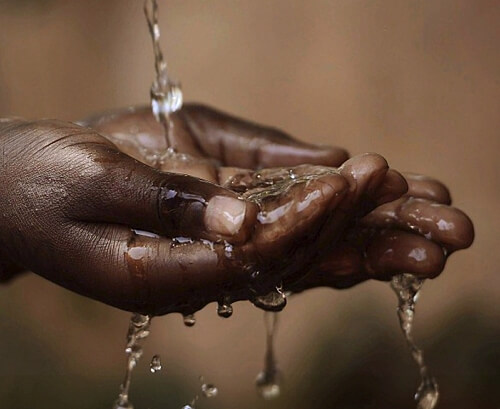
Gender Wage Gap In Nigeria? How Real Is It?
Around the world, women are generally found to be paid less than men for the same work done.
In Nigeria, statistics from the World Gender Gap report 2022 reveals that Nigeria ranks 123rd with a score of 0.639 out of a total of 146 countries. This figure is a stark reality of where Nigeria stands regarding the gender wage gap.
Gender Wage Gap is defined as the average difference between the financial compensation received by men and women for working. Gender wage gap is
defined by the World Economic Forum (WEF) as the difference between average male and female wages, divided by the average male wage.
Generally, the gender wage gap is rooted in gender inequality. Despite the increasing participation of women in the labor force, a significant wage gap still exists in different industries and sectors. This problem is further compounded by gender stereotypes prevailing in the society.
Most often than not, girls are often steered towards gender-normative careers. This happens from a young age, where society, parents, and guardians places a ceiling on the career choices of the girl-child.
In many communities and homes in Nigeria, girls venturing into STEM based fields are frowned upon and discouraged.
Some parents outrightly forbid their daughter’s interests in science, technology, engineering, or mathematics (STEM) fields, with the irrational explanation that funding such interests is a waste of time and resources. After all, the girl child will end up in the home, taking care of the family, they say.
This stereotype has hindered many girls from pursuing their dreams, making them settle for something more normal. However, it should be noted that boys are exempted from this stereotype. Boys are generally expected to pursue careers in STEM based fields and other top paying professions.
Eradicating gender stereotypes will do a lot in closing the gender wage gap in Nigeria and other African countries. Girls should have the liberty to pursue careers of their choice and should be provided with the resources they need.
With more women becoming breadwinners and heads of households in Nigeria, the prevalent gender wage gap threatens the economic capacity of women.
Concerted effort should be taken by individuals, parents, NGOs, private companies and the government to ensure that women are not discriminated against in the labor market. Pay equity should be promoted and appropriate laws put in place by the government in this regard.
Equal opportunities should also be provided for women at every point of their education, training, and career choices.
At Women Impacting Nigeria, we help women kickstart a career in tech through our Tech Sis Program. We also help women and girls acquire digital skills, soft skills, easily transition to tech, access job placements and internship opportunities.
We believe that women are entitled to receive ‘Same Pay for Same Work Done’ as their female counterparts. We continue to stand for gender equality and we welcome support from like-minded individuals and organizations in the achievement of a gender equitable Nigeria.





